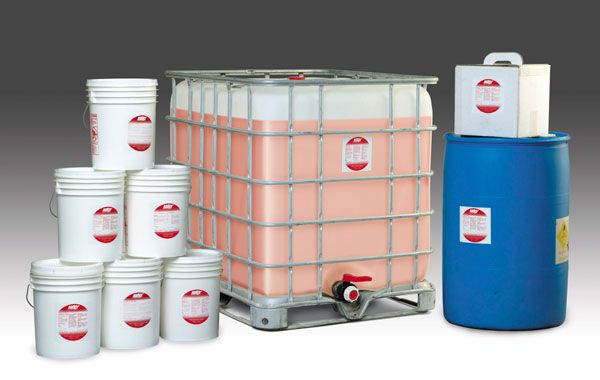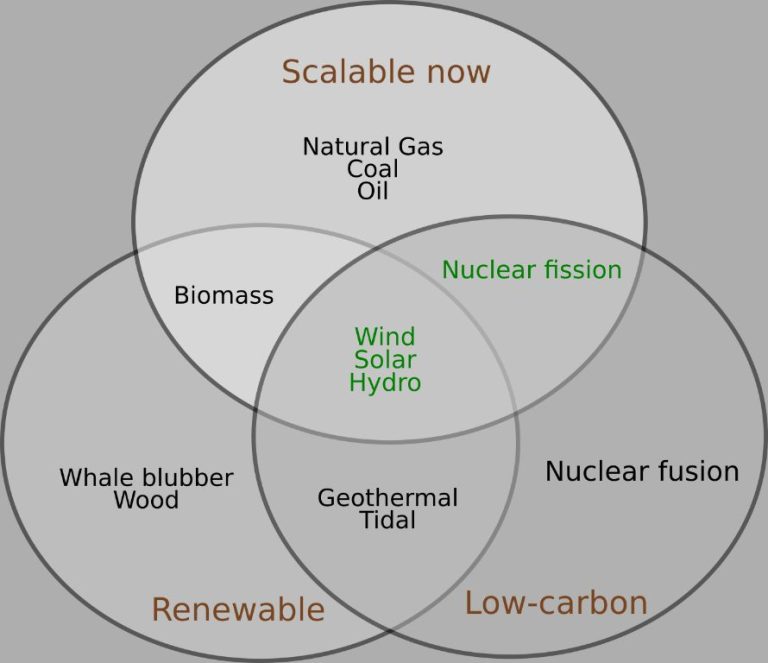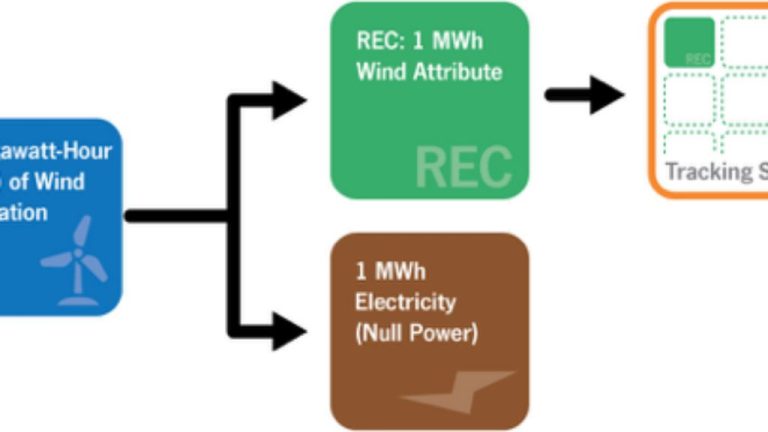Why Is Pressure Washing So Expensive?
Many Factors Contribute to the High Cost of Pressure Washing
Pressure washing is one of the fastest growing service businesses in the United States. From 2018 to 2023, the pressure washing industry has grown an average of 5.7% per year and is now a $3 billion market (Source). With demand increasing, many homeowners wonder why pressure washing services come with such a high price tag. While it may seem simple on the surface, there are numerous complex factors that contribute to the steep rates charged by professional pressure washing companies.
Labor Costs
Pressure washing requires trained professionals who know how to properly operate equipment and apply chemicals. According to ZipRecruiter, the average hourly pay for a pressure washer in the US is $18.74 per hour as of February 2024. The hourly wage can range from $15 on the low end to over $25 per hour for more experienced professionals. Pressure washing technicians need to factor their skilled labor into the overall service cost. The time required to pressure wash a home or building can quickly add up for the worker.
Pressure washing companies must cover their labor expenses while also making a profit. With pressure washers earning $20 or more per hour on average, this can significantly contribute to the overall price charged for pressure washing services. Companies need to account for total worker hours in their quotes and invoices. The labor component is often the largest portion of a pressure washing service bill.
Equipment Costs
Professional pressure washing companies need to invest in high-powered industrial equipment to handle continuous heavy use (Source). Commercial pressure washers typically cost $1,500 to $8,000 depending on the gallons per minute (GPM), which measures water flow rate. More powerful gas-powered pressure washers with higher GPM and PSI (pounds per square inch) can cost up to $10,000 or more.
In addition to the pressure washer itself, companies need to purchase hoses, wands, nozzles, and accessories capable of withstanding frequent use. This heavy-duty equipment is more expensive than consumer-grade options. Companies also require generators, water tanks, trailers, ladders, cleaning detergents, and safety gear. Ongoing maintenance and repairs add to costs.
Having the right equipment for each cleaning application, such as roof cleaning, paint stripping, concrete cleaning, etc., requires an even greater upfront investment. With thousands invested in equipment, companies need to charge more per job to cover these sizable expenses.
Transportation
Pressure washing companies need transportation to get their equipment and technicians to customer locations. This requires owning or renting vehicles like cargo vans, box trucks, or trailers to haul pressure washers, hoses, ladders, cleaning chemicals, and other gear (Source).
According to industry research, a new cargo van can cost $25,000 to $35,000 depending on size and features. Box trucks are more expensive at $50,000 to $80,000 for a basic used model (Source). Rental costs for vans and trucks range from $100 to $300 per day.
Having reliable transportation is crucial for pressure washing companies to provide timely and consistent service. However, the vehicles and rental costs add overhead expenses that must be covered in their pricing.
Insurance
Pressure washing businesses require liability insurance in order to protect themselves in the case of damage to customer property or injury to people. According to Thimble, liability insurance for pressure washers costs about $103 per month on average. Rates can vary depending on factors like location and years in business. Pressure washers need liability coverage specifically to protect against potential damages like damaging siding while cleaning or injuring someone if a hose comes loose at high pressure. Without proper insurance coverage, pressure washers take on full financial liability. Many homeowners insurance policies explicitly exclude damage from commercial operations like pressure washing.
Detergent

The detergent used in pressure washing is a major contributor to the overall cost. Unlike typical household cleaners, pressure washers require specialty heavy-duty detergents that can effectively remove built-up dirt, grime, mold, and other tough stains from various outdoor surfaces (Pressure Washer Detergents, 2022).
There are different detergent formulations optimized for specific applications like wood, concrete, vinyl, aluminum, painted surfaces etc. For example, house wash detergents contain sodium hypochlorite or bleach to brighten exterior surfaces. Concrete cleaners have alkaline salts and surfactants to remove oil stains. Wood deck cleaners contain sodium percarbonate to lift gray weathered wood fibers without damage (Pressure/Power Washing Chemicals, 2022).
These specialty detergents are more expensive than regular household cleaners. Commercial grade detergents can cost $60-100 per gallon based on the formulation. Given the large surface areas being cleaned, a pressure washing job can easily use 5-10+ gallons of detergent, adding several hundred dollars in chemical costs alone (Pressure Washer Detergents, 2022).
Water Usage
Pressure washing requires large volumes of water in order to function properly. Typically, pressure washers use between 6-12 gallons of water per minute while operating. For a standard sized 2,000 square foot house, it may require 200-400 gallons of water to complete the job. Larger commercial jobs often require thousands of gallons of water to pressure wash an entire parking lot or building exterior (source). This constant demand for high volumes of water contributes to the overall operating costs that pressure washing companies must cover.
Residential water rates can vary greatly by region, but are often around $5 per 1000 gallons used. Even at a relatively low rate, the water usage costs for pressure washing jobs can quickly add up (source). Companies must factor these expenses into their pricing models.
In addition, many pressure washers now use advanced systems to recycle and filter water on site in order to reduce overall consumption. However, these systems represent added equipment costs that also impact pricing.
Profit Margin
Pressure washing companies aim to make a healthy profit margin on their services. According to Precursive, the industry average profit margin for service businesses is around 30%. However, profit margins can vary greatly depending on the type of service provided. For basic residential pressure washing services, companies may target a profit margin closer to 40-50% in order to account for expenses and make the work worthwhile.
Pressure washing requires significant investments in equipment, insurance, training, and more. Companies must factor these expenses into their pricing and aim for an adequate profit margin to sustain their business. The profit margin must also account for variability in the volume of jobs and seasonal dips in demand. While the profit margin on each job may seem high compared to the actual labor involved, pressure washing companies take on substantial overhead costs in order to operate.
Brand Reputation
An established pressure washing company with a strong brand reputation can often charge higher prices than less reputable companies. According to an article on Forbes, a company’s reputation accounts for up to 25% of its market value (Forbes, 2019). The article explains that it takes years to build a positive reputation but only minutes to ruin it. A good reputation establishes trust and loyalty among customers.
Another article from Harvard Business Review emphasizes how strong brands with positive reputations attract better talent and can charge premium prices (HBR, 2007). The reputation provides inherent value that customers are willing to pay more for. However, the article warns that a reputation must be protected since any missteps or scandals can quickly erode trust.
Overall, pressure washing companies with widely-known, reputable brands developed over many years can leverage their reputation to justify higher prices. Their established trust and credibility allows customers to feel assured of receiving quality service.
Why Pressure Washing Costs Are Worth It
As we’ve seen, there are many factors that contribute to the higher costs of professional pressure washing services. The labor, equipment, materials, insurance and other expenses add up quickly for pressure washing businesses. However, the steep pricing is justified by the superior results achieved by professional washers. Their powerful equipment, expertise and care allow them to deeply clean surfaces while avoiding damage. This removes layers of built-up dirt and grime that DIY cleaning simply cannot match.
While the bill for hiring a pro may cause sticker shock at first, most customers ultimately feel it was money well spent. A pristine, refreshed exterior can significantly improve your home’s curb appeal and add value. For commercial properties, a spotless storefront, parking lot or building conveys professionalism and competence. Though it comes at a premium, pressure washing delivers transformative results not possible through other cleaning methods. When performed properly, its benefits make the cost worthwhile for many property owners.






